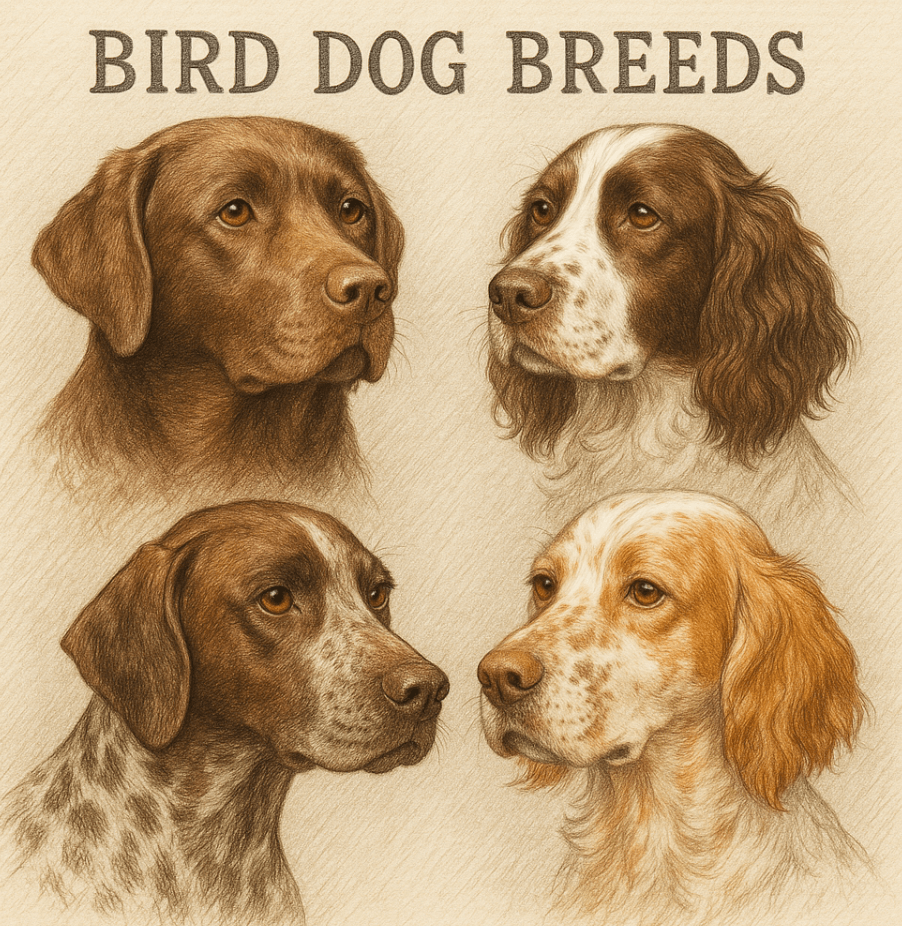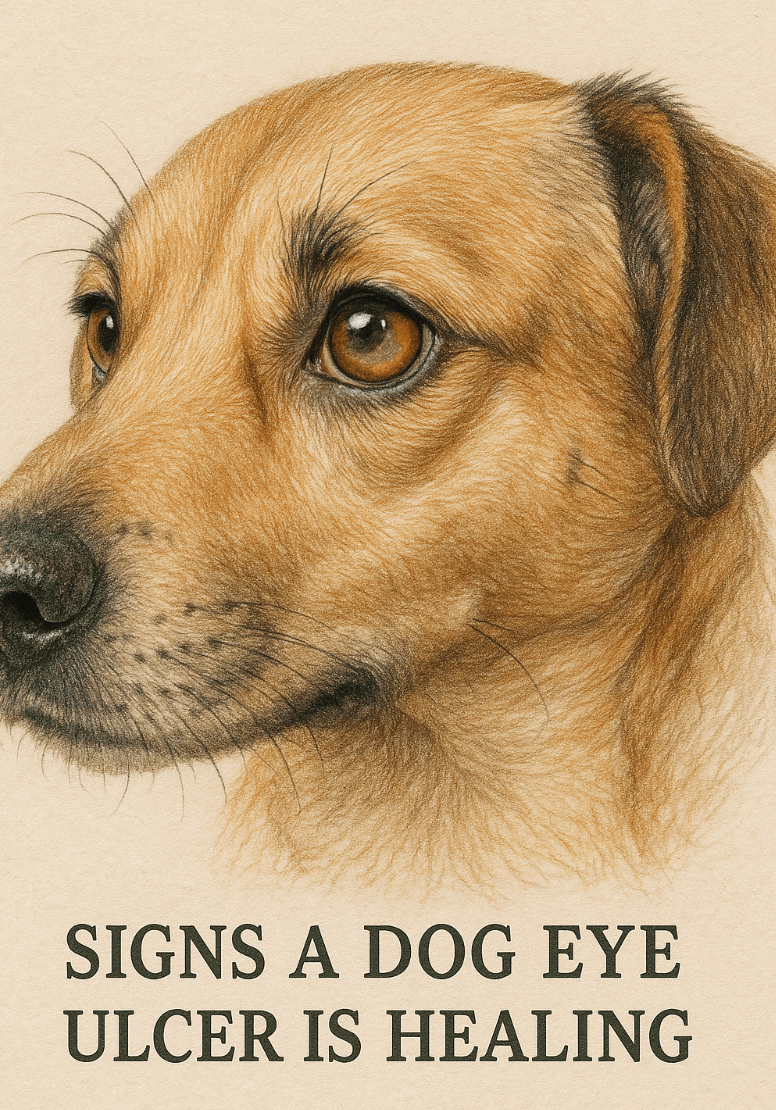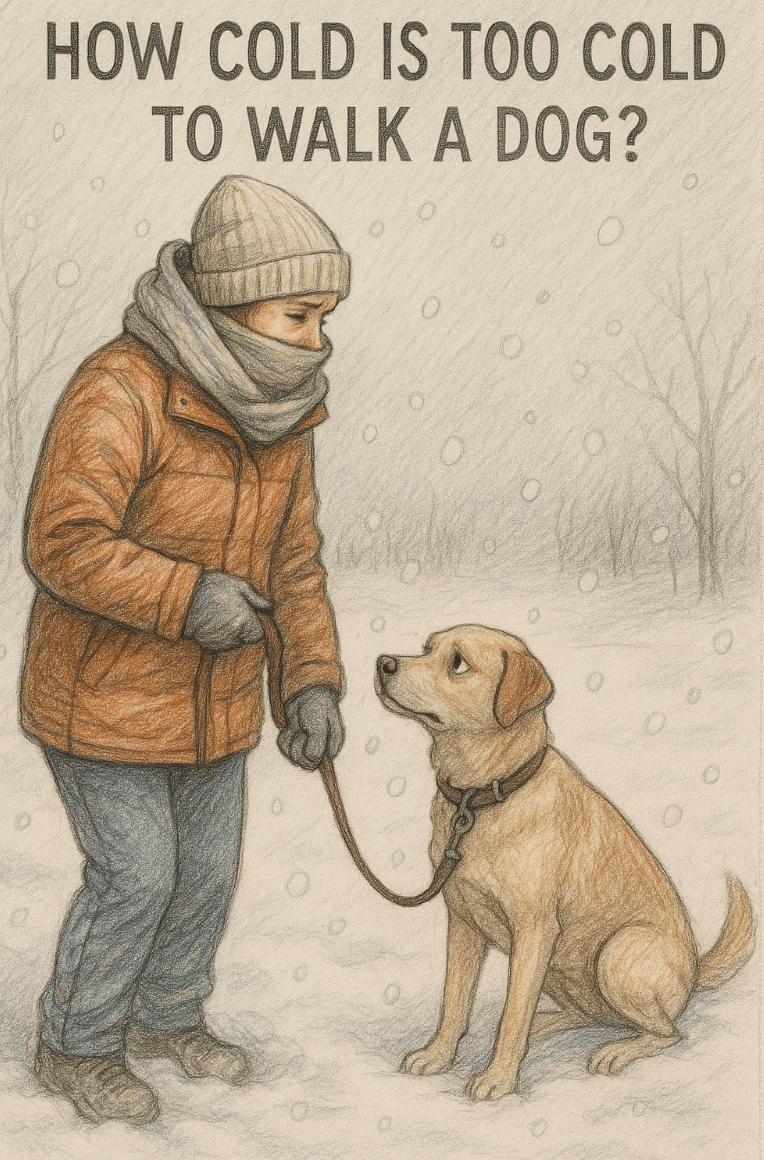Bird Dog Breeds: The Ultimate Guide to Hunting and Companion Dogs
Bird dog breeds are a fascinating group of dogs known for their exceptional hunting skills, keen sense of smell, and unwavering focus when tracking game birds. These dogs have been bred for centuries to assist hunters in locating, flushing, and retrieving birds, making them invaluable partners in the field. Beyond their working abilities, many bird dog breeds also excel as loyal family companions, thanks to their intelligence, trainability, and affectionate nature.
Whether you’re an avid hunter or simply someone who appreciates versatile and energetic dogs, understanding the traits, care requirements, and unique qualities of bird dog breeds is essential. In this blog post, we’ll explore everything you need to know about these remarkable dogs and why they might be the perfect addition to your life.
Top Bird Dog Breeds and Their Unique Traits
There are numerous bird dog breeds, each with its own set of characteristics that make them stand out in the field. Here’s a closer look at some of the most popular bird dog breeds and what makes them special.
English Setter:
Known for their elegant appearance and calm demeanor, English Setters are excellent pointers with a strong prey drive and gentle temperament.Brittany Spaniel:
This breed combines energy, agility, and a friendly personality, making it a favorite among both hunters and families.German Shorthaired Pointer:
Versatile and intelligent, German Shorthaired Pointers excel in hunting and adapt well to active lifestyles.Labrador Retriever:
While not exclusively a bird dog, Labs are renowned for their retrieving skills and make wonderful companions for hunters and non-hunters alike.Vizsla:
Often called the “Velcro dog,” Vizslas are highly affectionate and thrive on close bonds with their owners while excelling in the field.
These breeds showcase the diversity and versatility of bird dogs, proving they’re more than just hunting partners—they’re cherished members of the family.
Training Tips for Bird Dog Breeds
Training a bird dog requires patience, consistency, and a deep understanding of their instincts and needs. Here are some tips to help you bring out the best in your bird dog.
Start Early:
Begin training during puppyhood to establish good habits and build a strong foundation for advanced skills later.Use Positive Reinforcement:
Reward-based methods, such as treats, praise, and playtime, work best to motivate these intelligent and eager-to-please dogs.Focus on Obedience First:
Basic commands like “sit,” “stay,” and “come” are essential before moving on to specialized hunting training.Incorporate Scent Work:
Leverage their natural scenting abilities by introducing scent-tracking games to sharpen their skills.Be Patient with Mistakes:
Bird dogs are highly trainable but may take time to master complex tasks—be patient and celebrate small victories along the way.
With the right approach, training becomes a rewarding experience that strengthens your bond and enhances their natural talents.
Check this guide 👉Herding Dog Breeds: Best 7 Expert Tips!
Check this guide 👉Healthiest Large Dog Breeds: Best 7 Expert Tips!
Check this guide 👉Irish Dog Breeds: Best 7 Expert Tips!

Popular Bird Dog Breeds | Key Characteristics |
|---|---|
English Setter | Gentle, elegant, and skilled at pointing |
Brittany Spaniel | Energetic, agile, and great with families |
German Shorthaired Pointer | Intelligent, versatile, and athletic |
Labrador Retriever | Friendly, trainable, and excellent retrievers |
Vizsla | Affectionate, loyal, and high-energy |
Exercise Needs of Bird Dog Breeds
Bird dog breeds are incredibly active and require plenty of physical and mental stimulation to stay happy and healthy. Neglecting their exercise needs can lead to behavioral issues or frustration.
Daily Physical Activity:
Aim for at least 1-2 hours of vigorous exercise daily, including running, hiking, or playing fetch.Mental Stimulation:
Incorporate activities like scent work, puzzle toys, and obedience drills to keep their sharp minds engaged.Off-Leash Play:
Many bird dogs thrive in secure, off-leash environments where they can run and explore freely.Hunting Simulations:
For non-hunting households, simulate hunting scenarios to satisfy their instinctual drive to track and retrieve.Supervise Outdoor Time:
Due to their strong prey drive, always monitor them in open spaces to prevent wandering or chasing wildlife.
Meeting their exercise needs ensures a balanced and content companion at home.
Health Considerations for Bird Dog Breeds
While generally healthy, bird dog breeds are prone to certain health issues that potential owners should be aware of. Proactive care helps ensure a long and fulfilling life for your furry friend.
Hip Dysplasia:
Common in active breeds, hip dysplasia can cause joint pain; maintaining a healthy weight reduces the risk.Ear Infections:
Breeds with floppy ears, like Setters and Spaniels, are prone to infections; regular cleaning is essential.Bloat (Gastric Torsion):
Large, deep-chested breeds like German Shorthaired Pointers are at risk; feed smaller meals and avoid exercise immediately after eating.Progressive Retinal Atrophy (PRA):
Some bird dogs are susceptible to eye conditions; routine check-ups help detect problems early.Heart Conditions:
Certain breeds may inherit heart issues; annual veterinary screenings are recommended.
Proactive healthcare ensures your bird dog remains healthy and active for years to come.
Common Misconceptions About Bird Dog Breeds
Despite their popularity, several misconceptions surround bird dog breeds. Clarifying these myths helps set realistic expectations for potential owners.
They Are Only for Hunters:
While bred for hunting, many bird dogs thrive as family pets in non-hunting households.All Bird Dogs Have High Energy Levels:
While most are energetic, some breeds, like the English Setter, are calmer and adapt well to quieter lifestyles.They Don’t Need Professional Training:
Even highly intelligent breeds benefit from professional guidance to refine advanced skills.Bird Dogs Are Aggressive:
On the contrary, most bird dogs are friendly and gentle, especially when properly socialized.They’re High-Maintenance Pets:
With proper care and attention, bird dogs are relatively low-maintenance compared to other active breeds.
Dispelling these myths ensures a deeper understanding of these incredible dogs.
Fun Activities to Enjoy with Your Bird Dog
Living with a bird dog means embracing opportunities for fun and bonding. These activities will keep them entertained while strengthening your connection.
Agility Training:
Engage them in obstacle courses to channel their athleticism and focus.Scent Games:
Hide treats or toys around the house or yard to stimulate their natural tracking instincts.Long Walks and Runs:
Explore trails or parks together to burn off excess energy and enjoy quality time.Fetch Sessions:
Playing fetch satisfies their retrieving instincts and provides physical exercise.Interactive Toys:
Puzzle feeders and treat-dispensing toys keep them mentally stimulated during downtime.
Engaging in these activities ensures a fulfilling life for your energetic companion.
Tips for Choosing the Right Bird Dog Breed for You
Selecting the perfect bird dog breed depends on your lifestyle, preferences, and ability to meet their needs. Here are some tips to guide your decision.
Consider Your Activity Level:
High-energy breeds like the Brittany Spaniel suit active individuals, while calmer breeds like the English Setter are better for moderate lifestyles.Evaluate Space Requirements:
Larger breeds need more room to roam, while smaller bird dogs adapt better to compact living spaces.Assess Grooming Needs:
Some breeds require more grooming than others—choose based on how much time you can dedicate to upkeep.Think About Family Compatibility:
Certain breeds are more kid-friendly or adaptable to multi-pet households.Research Health Concerns:
Understanding potential health issues helps you prepare for long-term care and expenses.
By carefully considering these factors, you’ll find a bird dog breed that’s the perfect match for your home and lifestyle.
Frequently Asked Questions About Bird Dog Breeds
Are bird dogs good family pets?
Yes, many bird dog breeds are affectionate and adaptable, making them excellent companions for active families.
Do bird dogs require a lot of grooming?
Grooming needs vary by breed, but most bird dogs have short coats that require minimal maintenance.
Can bird dogs live in apartments?
While possible, they thrive best in homes with yards due to their high energy levels and need for space.
How much exercise do bird dogs need?
Most bird dogs require at least 1-2 hours of vigorous exercise daily to stay physically and mentally fit.
Are bird dogs easy to train?
Yes, their intelligence and eagerness to please make them highly trainable, though consistency is key.
Embracing Life with a Bird Dog Breed
Bird dog breeds are extraordinary companions, combining athleticism, intelligence, and loyalty in a single package. Whether you’re drawn to their hunting prowess or their loving personalities, these dogs offer endless joy and fulfillment. By understanding their needs and committing to their care, you’ll be rewarded with a devoted partner who enriches your life in countless ways. If you’re ready for the challenge and excitement of owning a bird dog, you’ll find no better companion for adventure and companionship.
Signs a Dog Eye Ulcer Is Healing: Best 7 Expert Tips! Discover expert advice on identifying healing signs, supporting recovery, and ensuring your dog’s eye health with practical tips.
Why Does My Dog Have Eye Boogers? Best 7 Expert Tips! Discover expert advice on causes, prevention, and solutions to keep your dog’s eyes healthy and clear.
Staph Infection in Dogs: Best 7 Expert Tips! Discover expert advice on identifying, treating, and preventing staph infections to keep your dog healthy and happy.
How Cold Is Too Cold to Walk a Dog? Best 7 Expert Tips! Discover expert advice on safe winter walks, protecting your dog from cold, and recognizing weather-related risks for a happy, healthy pup.




